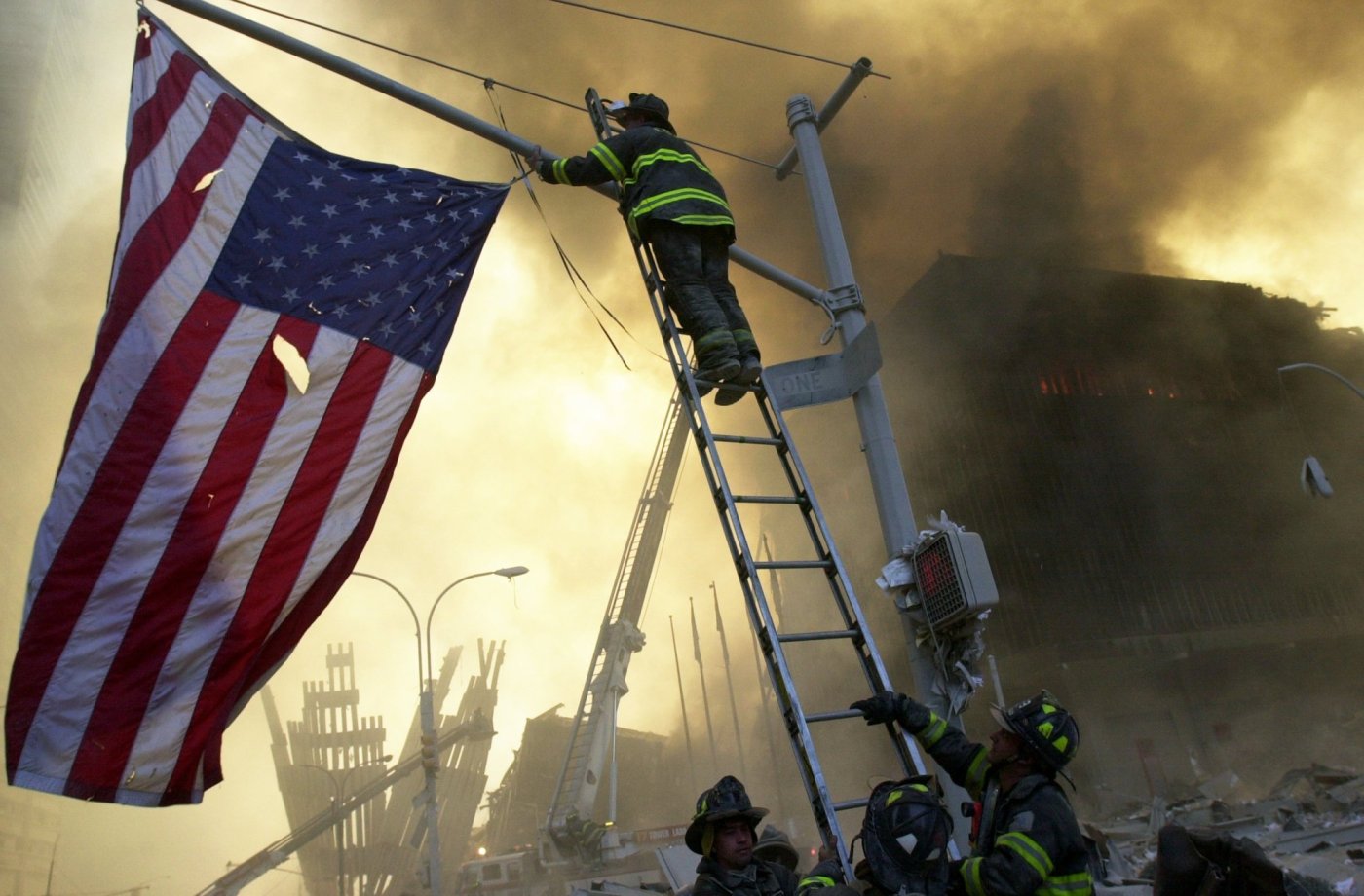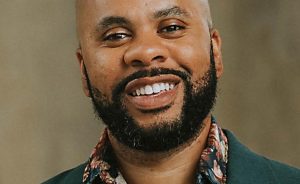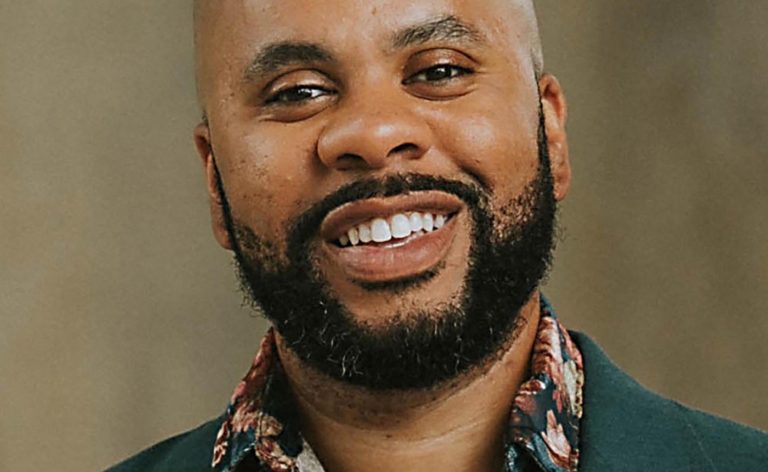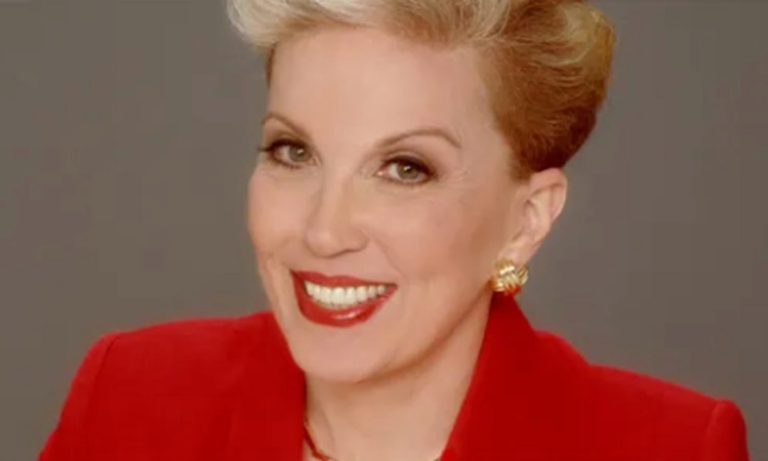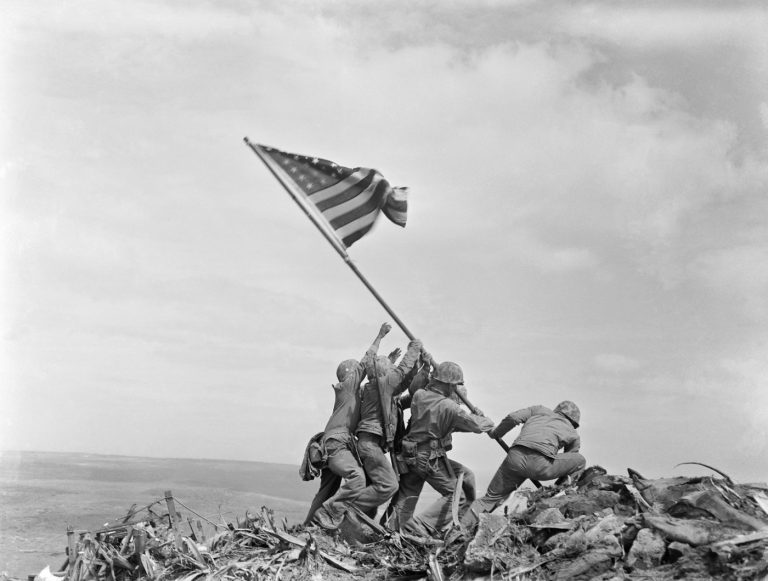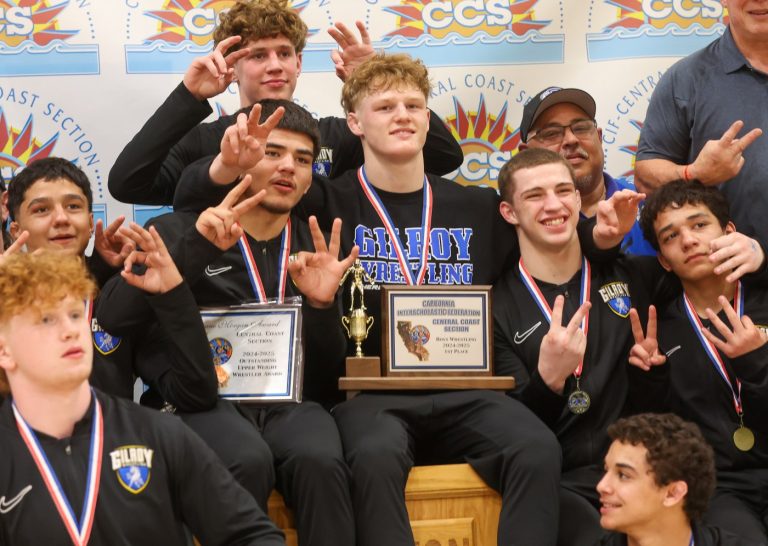Twenty-three years after the Sept. 11, 2001 terror attacks, the federal government is doling out more money to 9/11 illness sufferers than ever before.
As of Aug. 31, the September 11th Victim Compensation Fund has shelled out $14.25 billion to individuals and their families since 2011. According to the agency’s most recent statistics, about $1.25 billion has been given out so far this year.
“In 2023 we handled more claims and gave out more award dollars than any previous year,” VCF special Master Allison Turkel told the Daily News. “And we’re on track to surpass that this year.
“As we approach 23 years, it’s pretty devastating that there are people who still suffer and people who continue to get sick,” she said. “We are seeing a rise in cancers and unfortunately deaths from 9/11 illness.”
Those looking for compensation has shifted over the years, Turkel said. Initially, it was mostly 9/11 first responders who enrolled in the program.
A man with a fire extinguisher walks through rubble after the collapse of the first World Trade Center Tower 11 September, 2001, in New York. The man was shouting as he walked looking for victims who needed assistance. Both towers collapsed after being hit by hijacked passengers planes. AFP PHOTO Doug KANTER (Photo credit should read DOUG KANTER/AFP via Getty Images)
Now it’s survivors: citizens who either worked or lived near Ground Zero on the day of the terror attacks or were present during the attacks at the Pentagon and Shanksville, Pa., where Flight 93 went down in a field, she said.
“At first it was first responders and folks involved in the cleanup,” she said. “I think at one time folks thought that there’s not enough money for everyone and the money we had should go to the first responders. We’ve been getting the word out that if you worked there or went to school there or wore any other types of uniforms, you are eligible and that has made a big impression on folks.
“Outreach is key to what affects the compensation fund in the years to come.”
The feds created the VCF in 2011 and initially set aside $7.3 billion in aid. But by 2018, with two years to go before the program was slated to end, the VCF had paid out almost all of the money they budgeted.
In July 2019, Congress fully funded the VCF to pay all eligible claims and extended the filing deadline to 2090 to ensure that every survivor with a 9/11 related illness receives some form of compensation.
As of Aug. 31, 92,630 claims have been submitted to the VCF since 2011. This year alone 5,096 claims have been filed.
The VCF have instituted several “claimant-friendly policies” over the past year, including updating the income cap so it’s adjusted for inflation, which hadn’t been changed since 2015, and raised the work life expectancy number from 65 to 70, since more and more Americans are retiring later in life.
TOPSHOT – A man stands in the rubble, and calls out asking if anyone needs help, after the collapse of the first World Trade Center Tower 11 September, 2001, in New York. Two hijacked planes crashed into the twin towers causing the collapse of both. AFP PHOTO Doug KANTER (Photo by DOUG KANTER / AFP) (Photo by DOUG KANTER/AFP via Getty Images)
“It affects a lot of claims in different ways,” Turkel said.
The VCF has also better streamlined their application process, which can be done online, and made sure attorneys who file the claims on behalf of 9/11 survivors are sending in their applications “in good order” which will cut the time to receive an award from a year and a half to just under a year.
Lawyers specializing in 9/11 illness claims submit 86% of the applications to the VCF. Before the process was streamlined and attorneys were encouraged to send in more thorough applications, 50% of them were deemed “not in good order” and had to be sent back for more documentation.
The process is expected to be better streamlined in the coming months, when the feds launch their myVCF portal, a better self-guided system that will be much easier to use to file applications.
The 92,630 claims is still a drop in the bucket to the estimated 400,000 who responded, lived or worked near Ground Zero at the time of the terror attacks.
Turkel said that more outreach, particularly in communities of color will be provided in the years to come so everyone who needs the compensation receives it.
“The biggest challenge is that we reach as many people as possible,” she said. “Some of the biggest obstructions is a lack of knowing and understanding that they may be worthy for compensation. There are also cases where people have gotten sick and recovered, but never even considered that it had been related to 9/11 and the toxins at Ground Zero.”
Turkel recommends people who were at or near Ground Zero on 9/11 or the days and weeks that followed register with the VCF, even if they’re not sick.
One can start the registration process by visiting VCF.gov.
